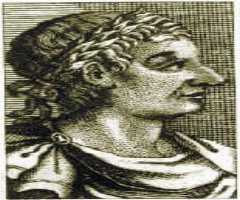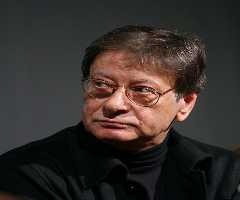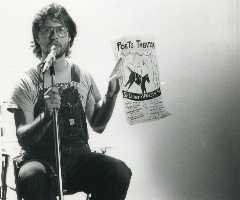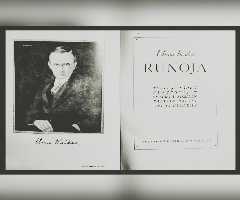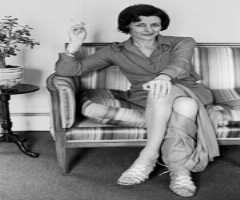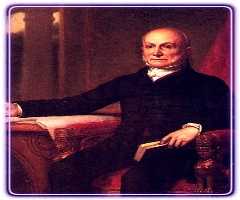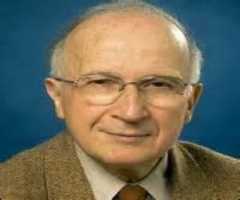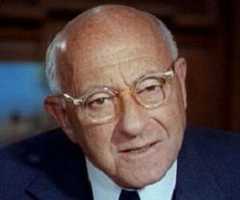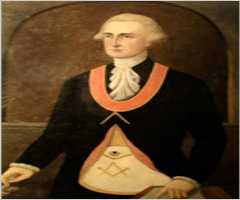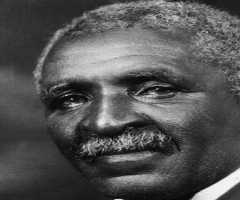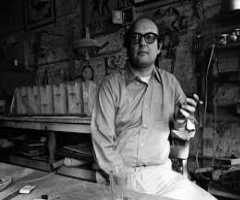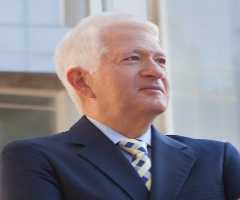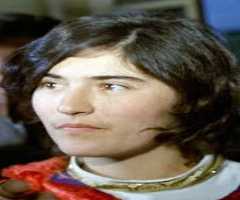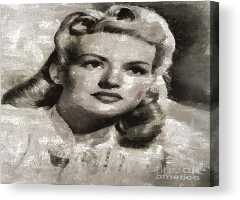John Greenleaf Whittier Biography, Life, Interesting Facts
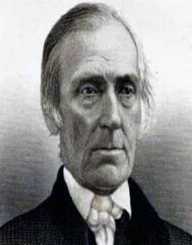
Birthday :
Died On :
Also Known For :
Birth Place :
Haverhill, Massachusetts, United States of America
Zodiac Sign :
John Greenleaf Whittier was a leading American quicker as a highly respected and passionate supporter of the abolition of slavery. He is known to have a limited formal education. He has his first poem published in Newburyport Free Press. He later became a friend to William Garrison who later became his associate in the abolitionist cause. He later got a job to edit newspapers in Boston and Haverhill. He also got a job as an editor in Whig Journal in New England. His writing kept improving as he continued writing his verses, tales, and sketches.
He later published his volumes of poems later and titled it Legends of New England. His antislavery pamphlet, Justice, and Expediency made him prominent among the activists who fight against slavery. He was known to be an influential writer as well as someone who served in the Massachusetts legislature.
CHILDHOOD & EARLY LIFE
John Greenleaf Whittier was born on December 17, 1807, to the family of John and Abigail at Haverhill, Massachusetts. He grew up in his household with his parents as well as siblings. He only had enough money to receive a little formal education. However, he was an avid reader who studied her father’s six books on Quakerism. He always claimed that compassion and social responsibility are highly important.
He was introduced to poetry by one of his teachers, and his sister sent his first poem to the Newburyport Free Press without his permission. The poem was published in 1826 as The Exile’s Departure. He was encouraged to attend the Haverhill Academy. He worked hard as a shoemaker and later a teacher to save money for the school. He later attended the high school education between 1827 and 1828.
CAREER
John Greenleaf Whittier was reassigned an editor of the Weekly American in Boston. It was around that period that he criticized the President as at that time openly. He later got a job with Whig Journal New England Weekly Review being an influential Journal. As of 1832, he wrote 900 eponymous poems about Moll Pitcher. He wrote about the sinful works of Moll Pitcher. He later wrote the pamphlet Justice and Expediency in 1833. There he focused on advancing the abolitionist cause. He proposed immediate and unconditional emancipation of slaves. He also became a wide traveler and went far to the Northern American to converse for votes. He gave lectures and works which later appeared in the 1837 collection of poems, Poems Written During the Progress of the Abolition Question in the United States.
Between 1838 and 1840, he edited the abolitionist newspaper, Pennsylvania Freeman. The paper’s offices however suffered at the hands of the angry mob. The angry pro-slavery mob destroyed and burned down their publications’ hall in Pennsylvania. He became evident that he needed a legislative win to be able to be successful. He then contested for the Congress under the aegis of his party, Liberty Party which was formed by him in 1839. He, however, lost the election. He also finds it hard to convince other poets to join him and his teams.
John Greenleaf Whittier, later on, wrote on The Black Man which was an anecdote about John Fountain, a free black who was jailed in Virginia for helping slaves escape. He later soon wrote abolitionist poems from home after being sick and down with editorial duties. He uses his poems to symbolize slavery as all form of oppression. He produced other two antislavery poetry collections, Voice of Freedom and Poems Written during the Progress of the Abolition Question in the United States. He kept working and writing against slavery until 1865 when the Thirteenth Amendment ended slavery. He regarded it as the major victory of his life and turned to other forms of poetry.
MAJOR WORKS
- He was an ardent advocate of the abolition of slavery. He adopted poetry as a means of hearing his opinion. However, in 1865, he achieved his goal, slavery ended.
- He had a financial breakthrough in 1866 with his work Snow-Bound: A Winter Idyll
PERSONAL LIFE & LEGACY
John Greenleaf Whittier neither married nor give birth to any children despite being a very close friend to another Quaker poet and an abolitionist, Elizabeth Llyod Howell. Although he once considered to marry her at some time, he changed his mind. At age 84, he died on September 7, 1892. His house is now a historic site which is opened to the public. Later, the house which he lived in Amesbury is also opened to the public.
